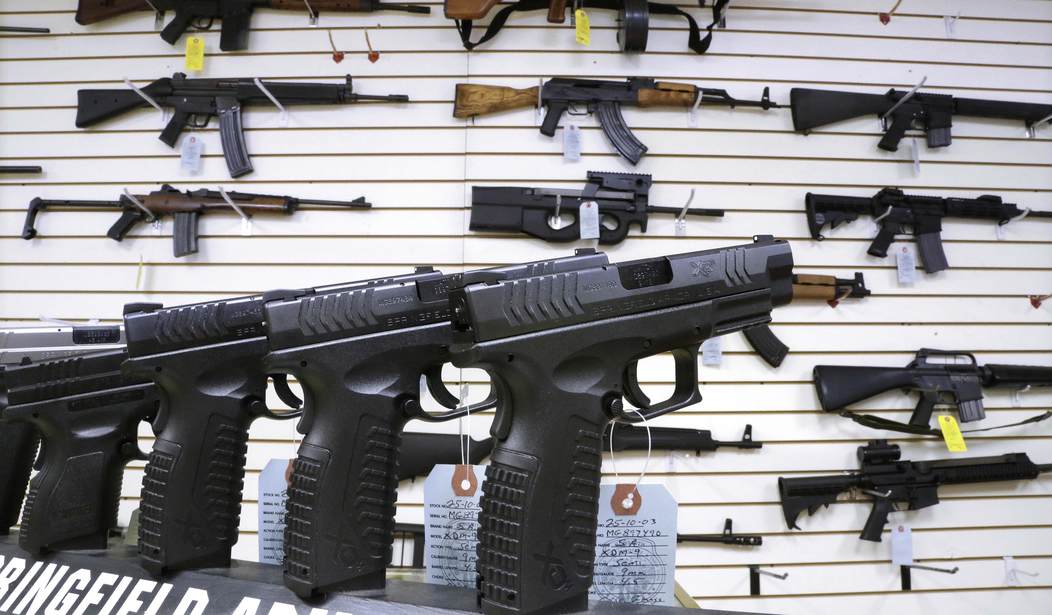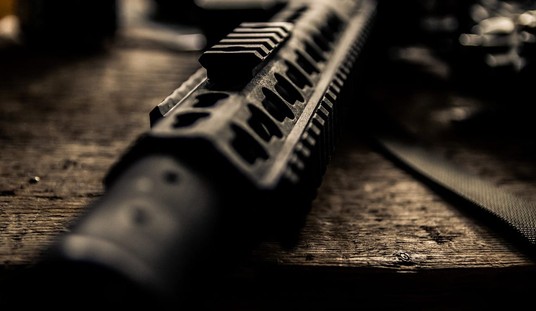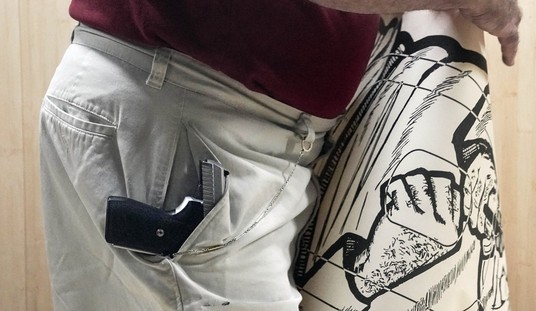There’s no universal experience in covering mass shootings. Sometimes we wake up in the morning and see the news. Other times, the news breaks and we drop everything to cover it. Sometimes, we don’t even hear about it until days later.
In the aftermath, though, there are some commonalities. Almost universally, someone will try to use the shooting to push for more gun control.
In many cases, that works. The states, often driven by emotion rather than anything else, adopts new gun laws. These laws are meant to stop mass shootings.
ABC News decided to look at the aftermath and at some of the laws passed in states like Florida and Colorado.
Following the 2018 shooting, Florida enacted an Extreme Risk Protection Order law to enable law enforcement to petition a court “to temporarily prevent individuals who are at high risk of harming themselves or others from accessing firearms or ammunition.”
“Every student in Florida has a right to learn in a safe environment and every parent has the right to send their kids to school knowing that they will return safely at the end of the day,” said then-Gov. Rick Scott before signing the bill.
Lawmakers also raised the minimum age to purchase a gun to 21 and turned the ownership of bump stocks, which could make a semiautomatic rifle fire more rapidly, into a felony.
…
A mass shooting at a Colorado Springs LGBTQ bar called Club Q killed five people and left over a dozen injured in November 2022, reopening wounds from the Columbine High School shooting in 1999.
Following the shooting, Gov. Jared Polis signed several gun restriction measures.
“Today we are taking some important steps to help make Colorado one of the ten safest states, and building upon the ongoing work to make Colorado communities safer,” said Polis in a statement on the signing.
This includes raising the purchasing age for all guns to 21, establishing a three-day waiting period between when people purchase a gun and when they receive it, and strengthening the state’s red flag laws that allow guns to be temporarily removed from a person who poses a risk to themselves or others.
Another law enhances gun violence victims’ ability to sue the firearms industry.
These weren’t the only two states that were highlighted, mind you, but these two are kind of important for a number of reasons.
First and foremost is the fact that ABC News left some interesting points out regarding mass shootings.
Let’s start with Florida.
In the wake of Parkland, as noted, Florida passed a number of gun control laws, including a controversial red flag law. Yet none of those stopped the shooting in Jacksonville that claimed three lives.
Moving to Colorado, ABC News opted to focus on the aftermath of the Club Q shooting in Colorado Springs, but again, they neglected to mention some rather important facts. Namely how Colorado has adopted a number of gun control laws after previous mass shootings, such as the Aurora theater shooting or the King Sooper’s shooting, also in Colorado Springs.
Again, none of those previous laws managed to stop the next mass shooting from happening. Yet ABC News neglects to mention them, probably because people might start to get the idea that gun control isn’t really working the way some like to claim.
I can’t imagine why they’d think that.
In other states that have passed new gun control laws that haven’t had another mass shooting just yet, well, wait. The truth is that gun control doesn’t stop them. It doesn’t keep bad people from doing bad things.
What’s more, at least some of these people have to see this fact. That means they’re just using mass shootings as a pretext to advance policies they wanted all along, not responding to a horrific event. Not that anyone is shocked by that.
But the truth is that ABC News won’t provide that context. They don’t want people to see the failures of gun control.









Join the conversation as a VIP Member